Global fisheries production has quadrupled over the past 50 years, leading to full exploitation and capture fisheries in nearly 90% of the world's fish stocks.
 Checking fishing vessel positioning equipment. (Photo: Nguyen Lanh/ VNA)
Checking fishing vessel positioning equipment. (Photo: Nguyen Lanh/ VNA)
Global seafood consumption is expected to continue to grow in the coming years due to population growth and increased demand due to awareness of health benefits from consuming this food.
However, overfishing is posing a threat to the sustainability of fisheries resources and the marine environment. Therefore, it is urgent that the international community make further efforts to adopt and implement the Port State Measures Agreement (PSMA) of the Food and Agriculture Organization of the United Nations (FAO).
According to 2022 FAO data, global seafood consumption has doubled since 50 years ago. This increase has quadrupled global fish production in at least the past 50 years, leading to fishing and exploitation at full capacity in nearly 90% of the world's fish stocks.
Overexploitation and overfishing have posed serious threats to the sustainability of aquatic resources, disrupting biodiversity or weakening ecosystem functions, with the worst consequence being the risk of "wiping out" aquatic resources.
One of the greatest threats to national and regional efforts to conserve marine ecosystems and achieve sustainable fisheries development is overfishing, which is illegal, unreported and unregulated (IUU) fishing.
Meanwhile, the existence of seaports that allow IUU fishing vessels to dock and bring illegal catches into the domestic market remains a pressing issue.
The PSMA is the first, and to date the only legally binding instrument at the international level, aimed at preventing IUU catches from reaching the market.
Entering into force on 5 June 2016, the PSMA also aims at the long-term conservation and sustainable exploitation of marine resources and marine ecosystems.
So far, 78 countries have signed onto the agreement.
In the future, when all countries in the world join this agreement, this tool will be implemented on a larger scale, contributing to stopping IUU fishing activities.
For Indonesia, the Southeast Asian country has designated four domestic ports to apply PSMA measures. All foreign fishing vessels wishing to call at Indonesian ports must obtain permission from one of these ports before entering the country’s territorial waters for transshipment, unloading and transferring seafood to the domestic market, crew changes and refueling.
Successful implementation of the PSMA requires cooperation among countries as well as commitment and efforts from the international community. However, Indonesia is facing three main difficulties in implementing the agreement.
Firstly, the limited capacity of the inspection team at PSMA port to be able to quickly make an assessment immediately after receiving notice of a foreign fishing vessel preparing to dock.
One of the main reasons is that most fishing vessels often provide fake documents regarding port permits or other documents as well as transit schedules for loading and unloading goods.
Second, the pace of PSMA implementation has been limited as it only applies to four ports out of 567 fishing ports and 2,439 commercial ports across Indonesia, which is less than 0.2% of the total number of ports in the Southeast Asian country. This also undermines national efforts in the fight against IUU fishing.
Third, to date, PSMA has been applied to less than 3% of global ports for both domestic and foreign fishing vessels. Meanwhile, PSMA cannot achieve its objectives without blocking all access routes for IUU fishing vessels.
In addition, information exchange at the global level plays an important role in supporting PSMA participating countries to promptly detect and handle IUU fishing activities as well as other related crimes.
Therefore, it is more important than ever that the international community joins forces and joins the PSMA as it still seems to be one of the most effective tools to push IUU seafood out of the market./.
According to VNA
Source


![[Photo] Prime Minister Pham Minh Chinh chairs meeting to discuss tax solutions for Vietnam's import and export goods](https://vstatic.vietnam.vn/vietnam/resource/IMAGE/2025/4/10/19b9ed81ca2940b79fb8a0b9ccef539a)

![[Photo] Unique folk games at Chuong Village Festival](https://vstatic.vietnam.vn/vietnam/resource/IMAGE/2025/4/10/cff805a06fdd443b9474c017f98075a4)








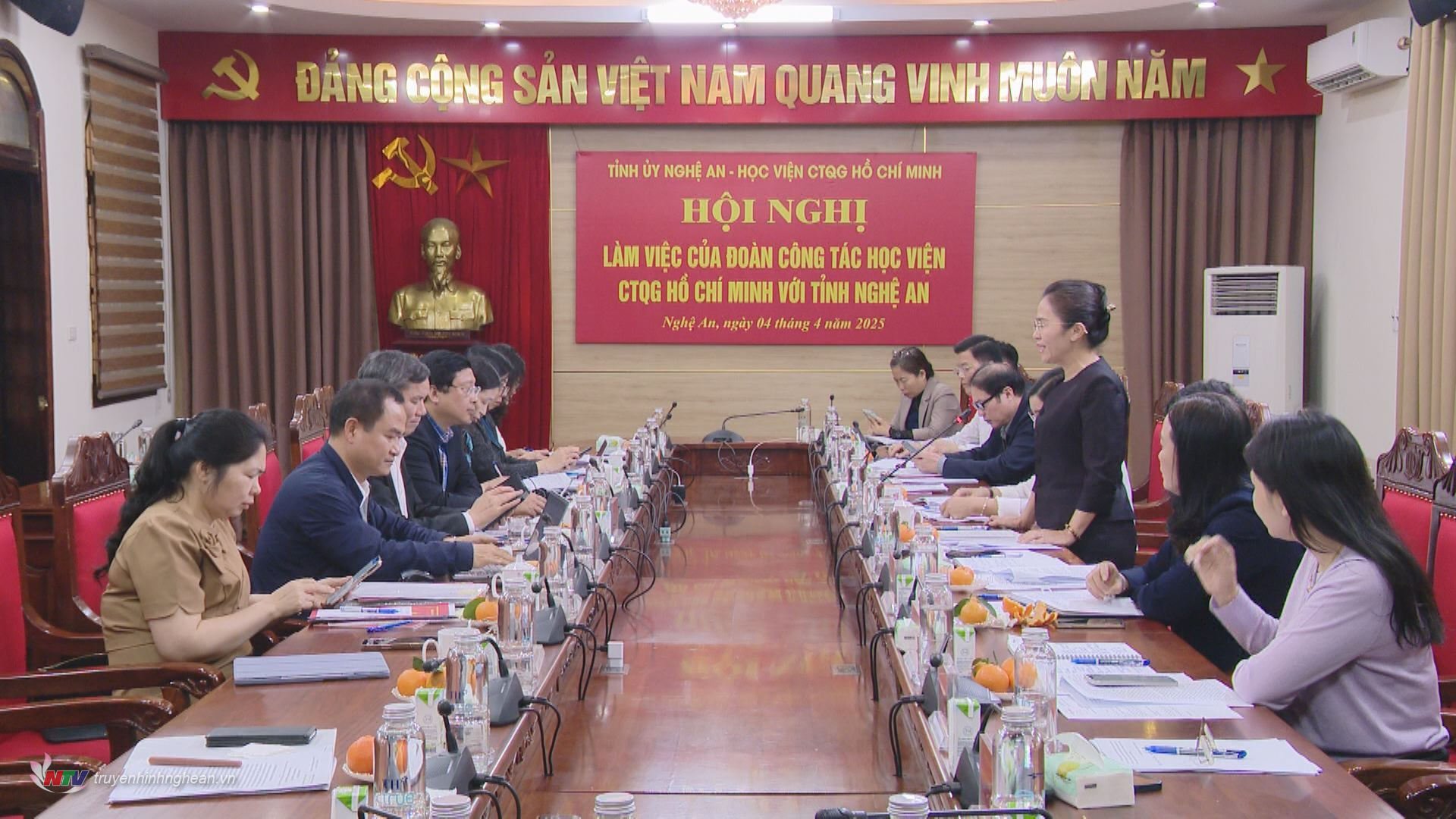




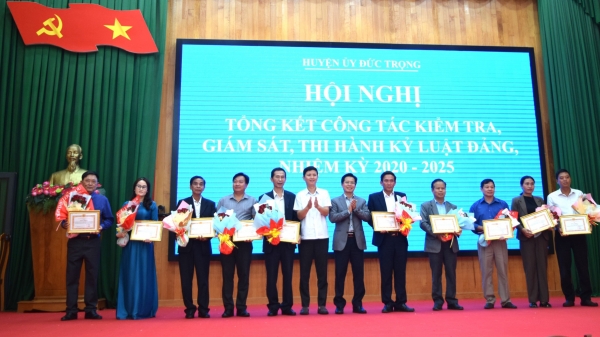
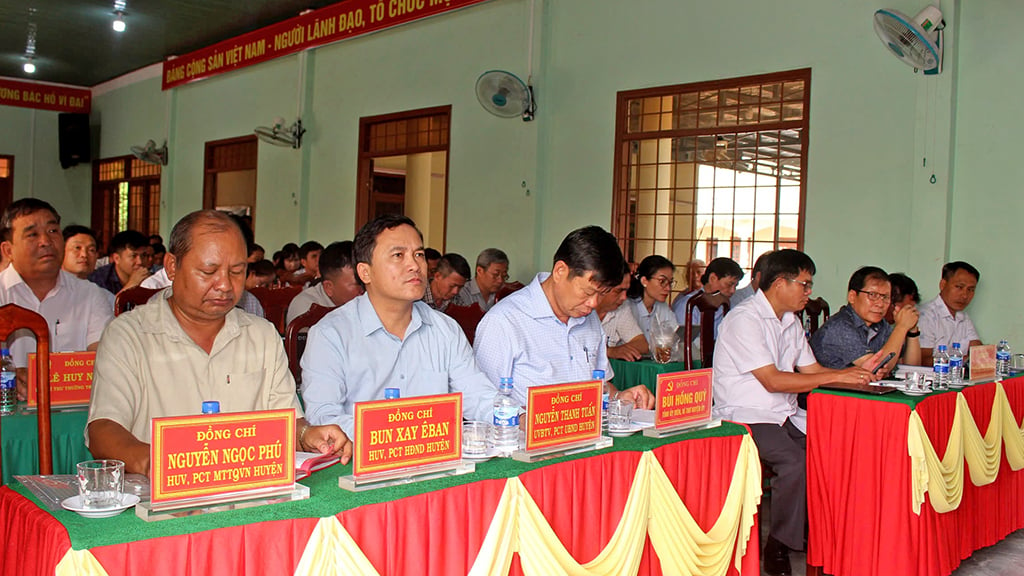

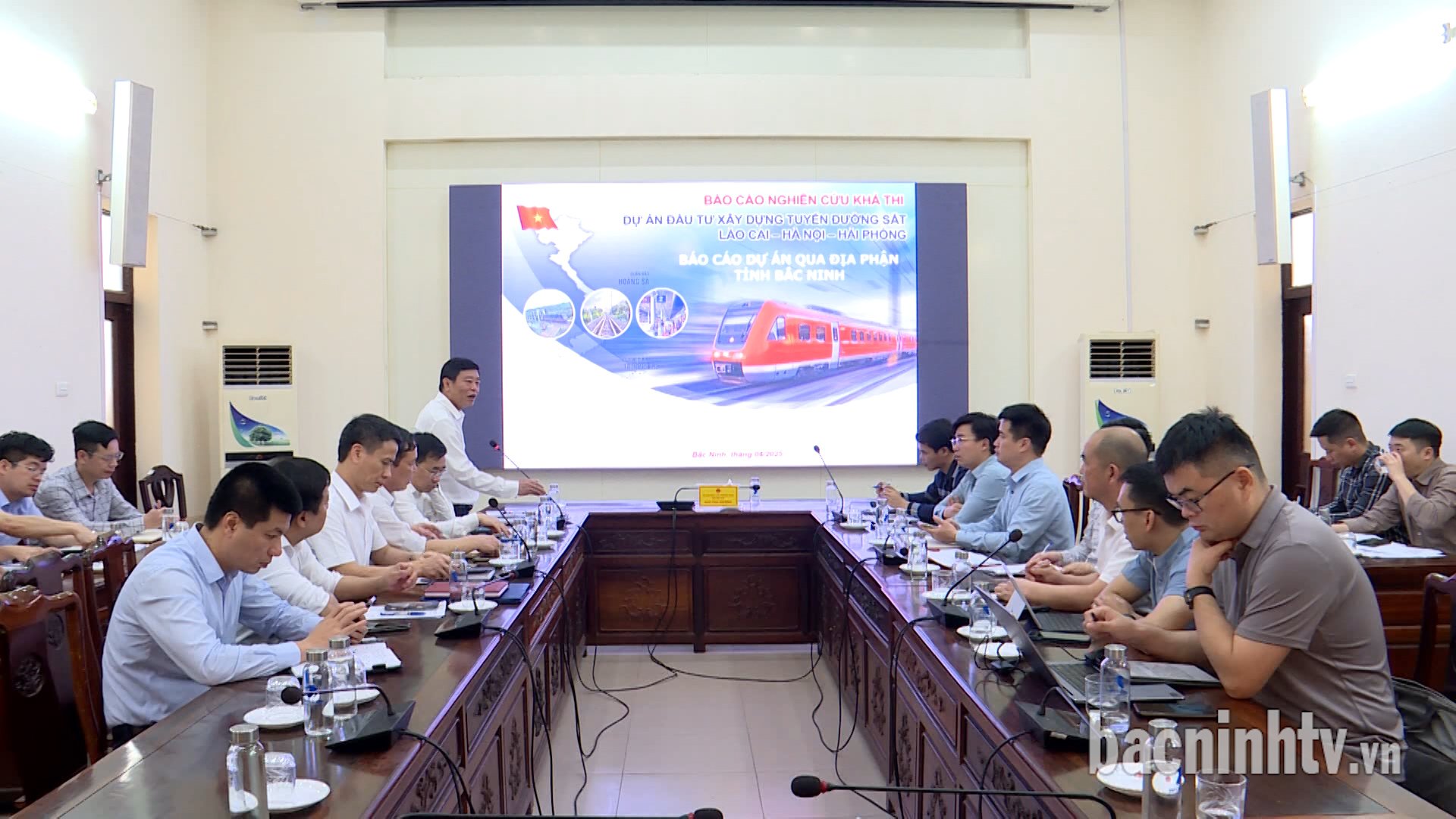





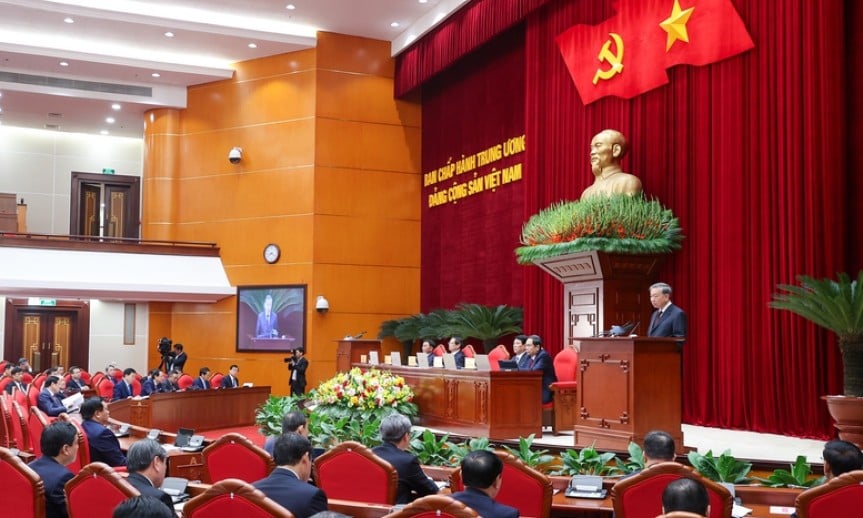

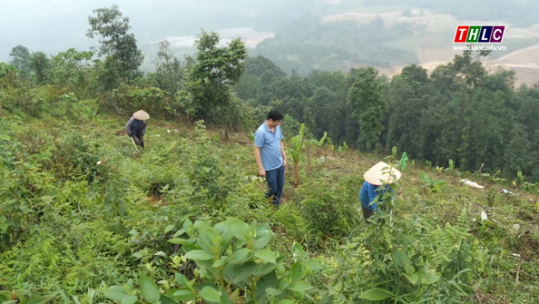
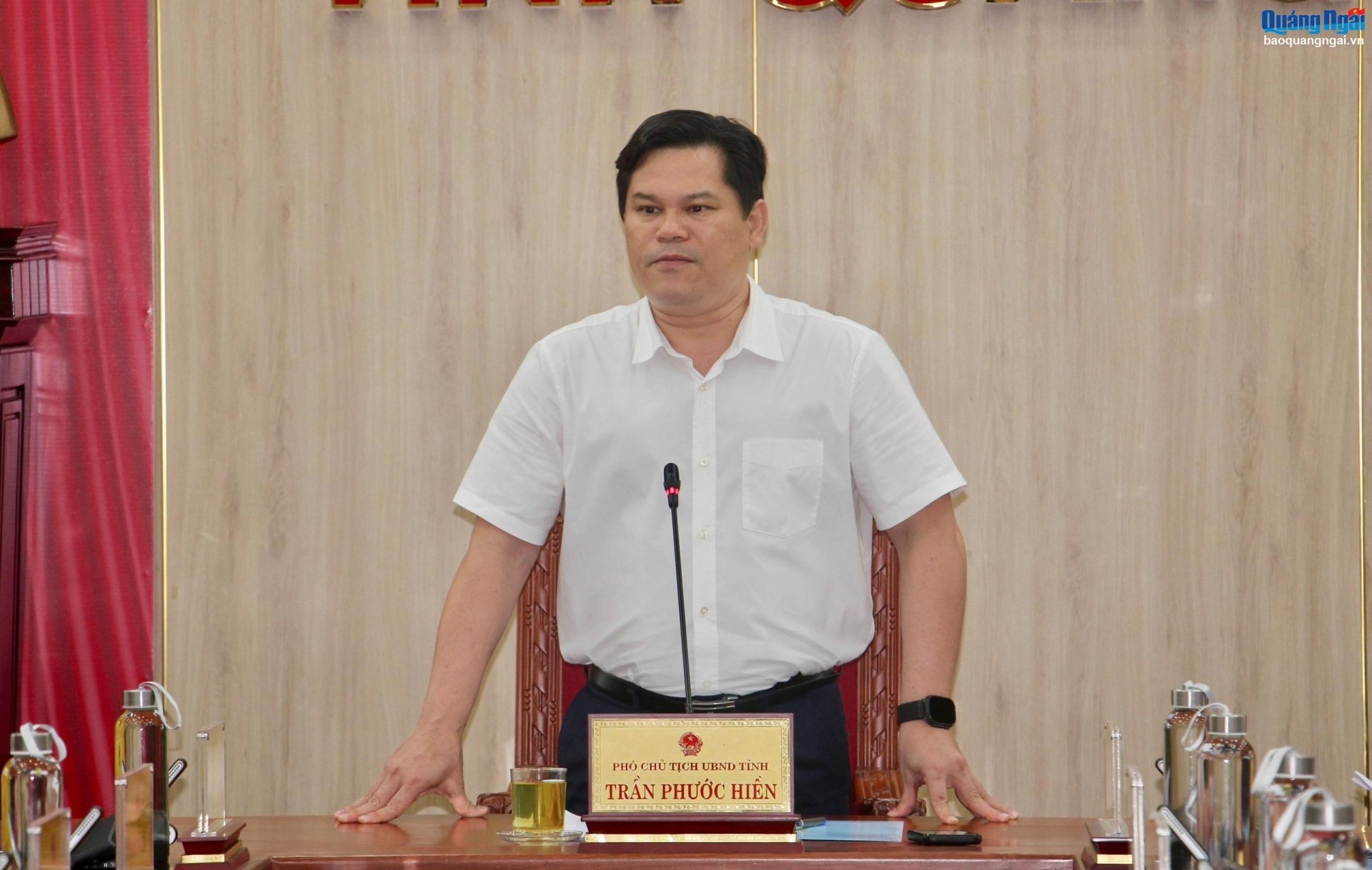
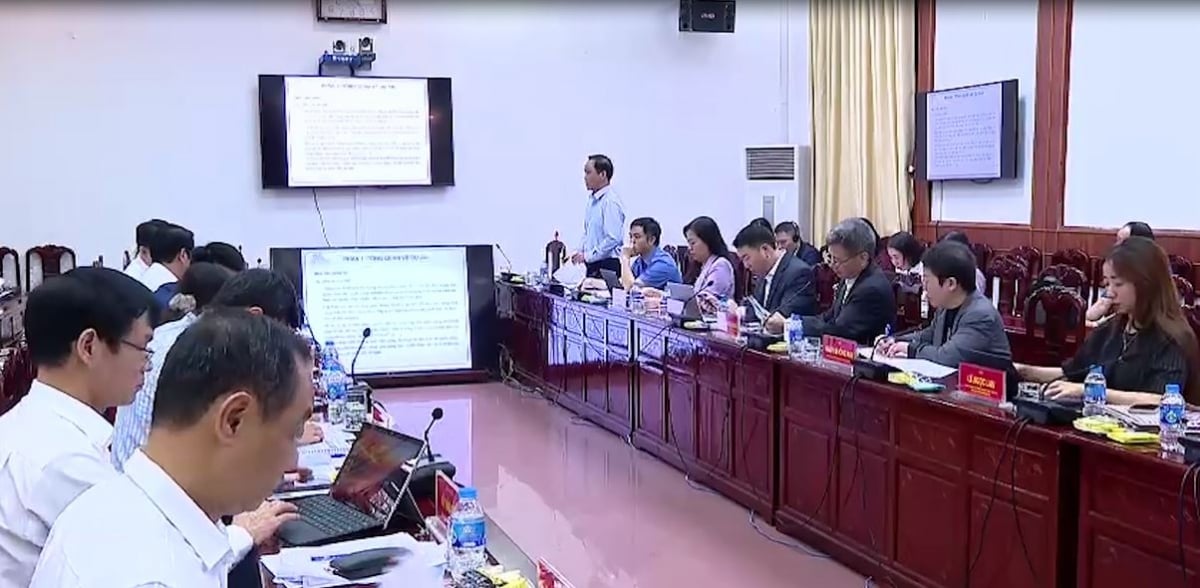


















































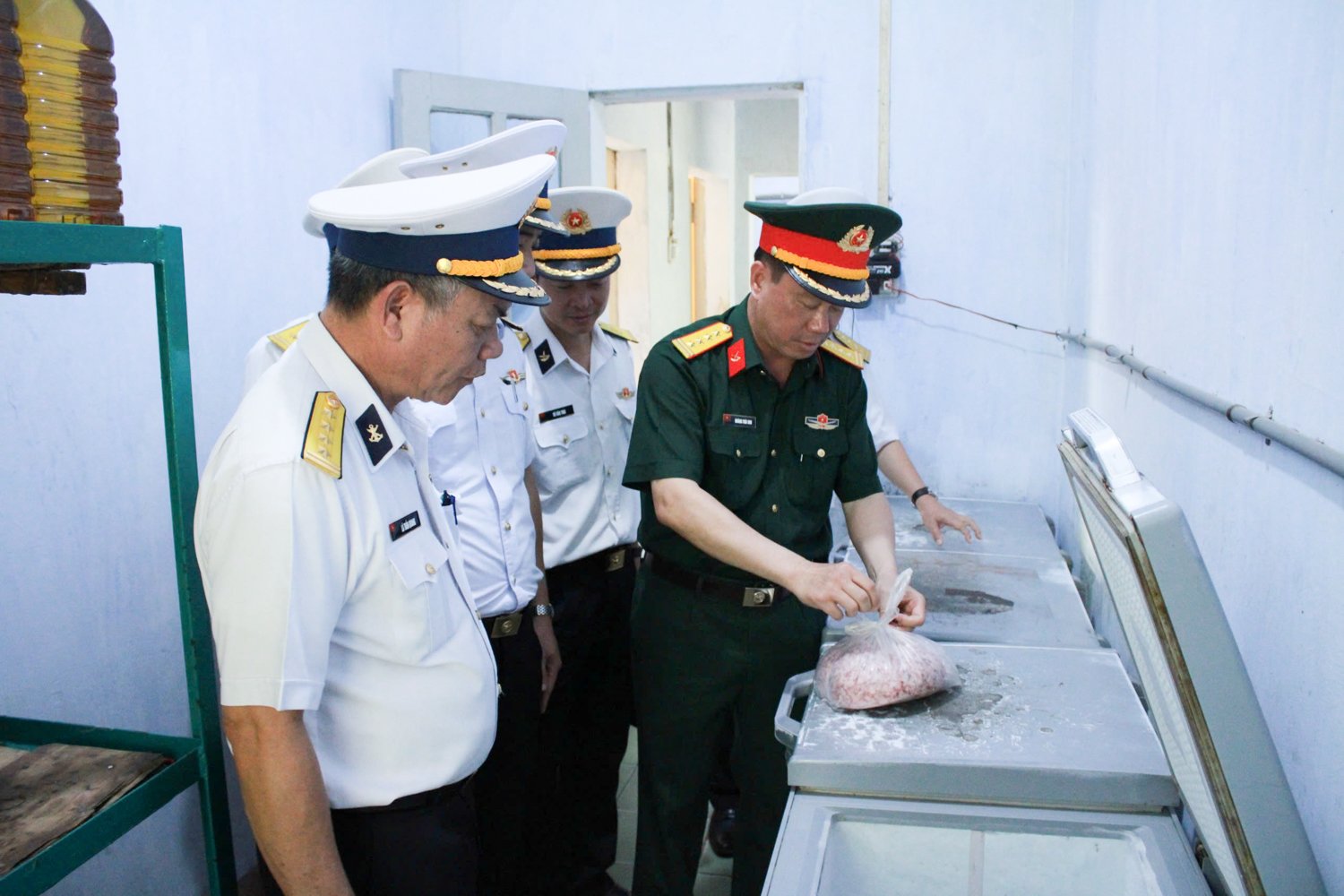













Comment (0)